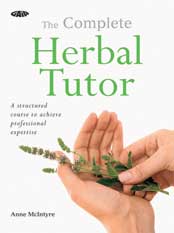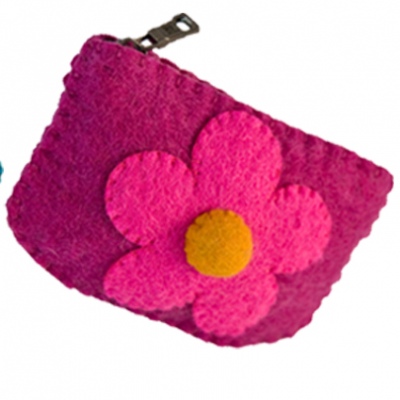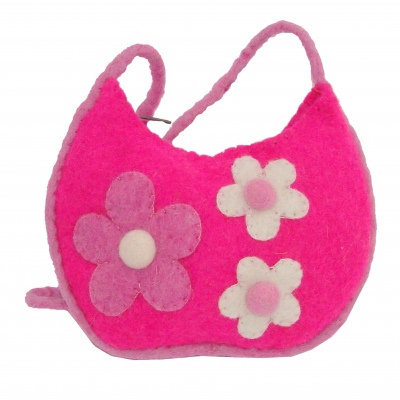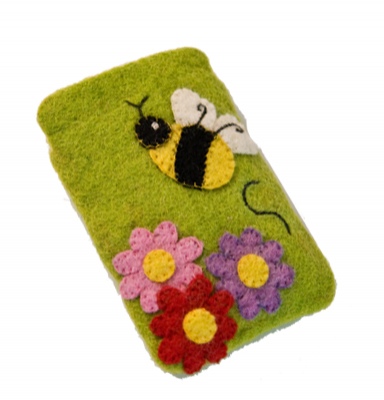The European Directive on Traditional Herbal Medicinal Products came into force on 30th April 2011. From this point, many dried herbs and spices will still be available for purchase from this website. However, under the new legislation unregistered herbal tinctures and some dried herbs will only be available on prescription from a qualified medical herbalist following a consultation. The new legislation does allow for the sale of pre-existing stocks but, as they run out, herbal tinctures and a few other products will gradually be removed from this website. This is your last chance to stock up, because once they're gone, they're gone. Some registered products may be made available in due course, depending on demand, but there is bound to be a very restricted range. If you have any questions, you are very welcome to email me (please do not telephone because I don't like to disrupt my client consultations).

Department of Health announcement about the regulation of herbal practitioners
The Secretary of State for Health has made an announcement today about regulation of herbal medicine practitioners. The issue of whether or not practitioners of acupuncture, herbal medicine and traditional Chinese medicine should be statutorily regulated has been debated since the House of Lords Select Committee report on Complementary and Alternative Medicine in 2000.
The Health Professions Council (HPC) has now been asked to establish a statutory register for practitioners supplying unlicensed herbal medicines. The proposal is, following creation of this register, to make use of a derogation in European medicines legislation (Article 5 (1) of Directive 2001/83/EC) that allows national arrangements to permit those designated as �authorised healthcare professionals� to commission unlicensed medicines to meet the special needs of their patients.
Accordingly, a scheme would be created enabling registered practitioners to commission unlicensed herbal medicines to meet the special needs of their individual patients. Safeguards for the public would be provided by a combination of professional regulation and linked medicines regulation, for example, to safeguard manufacturing standards.
If practitioner regulation is in place for the purposes of creating an Article 5(1) scheme this also opens the way to reform Section 12 (1) of the Medicines Act 1968. Under Section 12 (1), practitioners may prepare unlicensed herbal medicines on their own premises for use following consultation with individual patients. It is intended to move to the position that only registered practitioners would be able to operate under Section 12 (1) after regulation of practitioners is in place.
A formal consultation exercise will take place on specific legislative proposals for establishing the register and proposed reforms of medicines legislation later in 2011.
 The
National Institute of
Medical Herbalists (NIMH)
today warmly welcomed
the Government�s
announcement of the
statutory regulation of
herbal and traditional
medicine practitioners
under the Health
Professions Council (HPC).
Statutory regulation
will ensure the
continued supply of
herbal medicines to
practitioners in
compliance with new EU
regulations.
The
National Institute of
Medical Herbalists (NIMH)
today warmly welcomed
the Government�s
announcement of the
statutory regulation of
herbal and traditional
medicine practitioners
under the Health
Professions Council (HPC).
Statutory regulation
will ensure the
continued supply of
herbal medicines to
practitioners in
compliance with new EU
regulations.Statutory regulation of herbalists has had unequivocal backing from the House of Lords� Science and Technology Committee as well as two Department of Health Committees. It has been the subject of two public consultations, the last attracting over 6000 responses � by far the majority of which favoured such regulation.
Statutory regulation of this sector will enable regulated herbal practitioners to deliver high quality herbal treatment in conjunction with other health care professionals. The legislation will support safe and professional practice so that the thousands of patients who consult herbalists every year can be assured about the standards of training and practice of the practitioners they see.
Desiree Shelley, President of NIMH said �The Government is to be congratulated on making the right decision to bring in statutory regulation for all those prescribing herbal medicines. Ministers have clearly recognised that this legislation is for patients� benefit. The National Institute of Medical Herbalists looks forward to working with the Department of Health and Health Professions Council to implement this as soon as possible.�

The Complete Herbal Tutor by Anne McIntyre
Herbal medicines have been used for many centuries to treat illnesses and restore health, and today herbalism still remains the most widely-practiced form of medicine around the world. Written by a leading Medical Herbalist, "The Complete Herbal Tutor" provides in-depth knowledge of the practice and theory of herbal medicine, including everything you need to know about its history, how it works, how to grow, gather and prepare herbs, and how to use them to create a herbal prescription. The rigorously-researched and illustrated materia medica contains over 150 herbs, with clear explanations of their properties, active ingredients and the latest scientific developments on their uses. There is also a clear explanation of how herbs can be used to treat each of the body's systems, with advice on using remedies for healing a range of specific conditions. Clear, concise and easy to use, this book is the 21st-century bible for students, professionals and home herb users alike.
Worth checking out
- Online Casinos UK
- Best Casino Sites Not On Gamstop
- Best Non Gamstop Casinos
- Betting Apps
- Non Gamstop Casino
- Sites Not On Gamstop
- Non Gamstop Casino UK
- UK Casino Not On Gamstop
- Gambling Sites Not On Gamstop
- UK Online Casinos Not On Gamstop
- UK Casino Not On Gamstop
- Non Gamstop Casino
- Non Gamstop Casino Sites UK
- Best Non Gamstop Casinos
- Casinos Not On Gamstop
- Casinos Not On Gamstop
- Slots Not On Gamstop
- Non Gamstop Casinos UK
- Non Gamstop Casino
- UK Casinos Not On Gamstop
- New Online Casinos Not Registered With Gamstop
- Casinos Not On Gamstop
- Uk Betting Sites Not On Gamstop
- Casinos Not On Gamstop

















 Since 2005 Hatti
products have been making a difference to stigmatised and disadvantaged young
women in Nepal through Fair Trade employment in the production of beautifully
made handbags and handicrafts. The following range is produced in Kathmandu by
Friends Handicraft who provide work for disadvantaged women and single mothers.
Now on sale in the Purple Sage Shop -
Since 2005 Hatti
products have been making a difference to stigmatised and disadvantaged young
women in Nepal through Fair Trade employment in the production of beautifully
made handbags and handicrafts. The following range is produced in Kathmandu by
Friends Handicraft who provide work for disadvantaged women and single mothers.
Now on sale in the Purple Sage Shop - 




